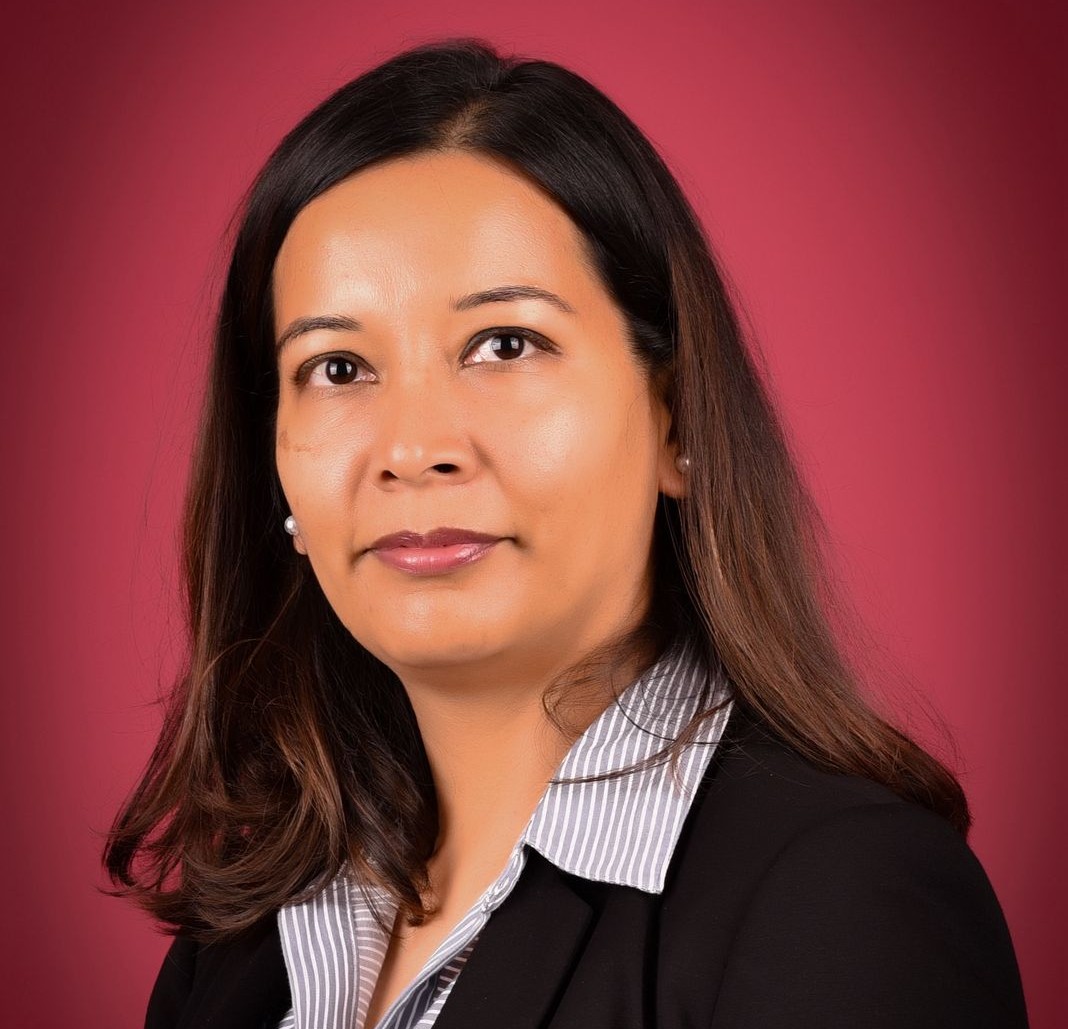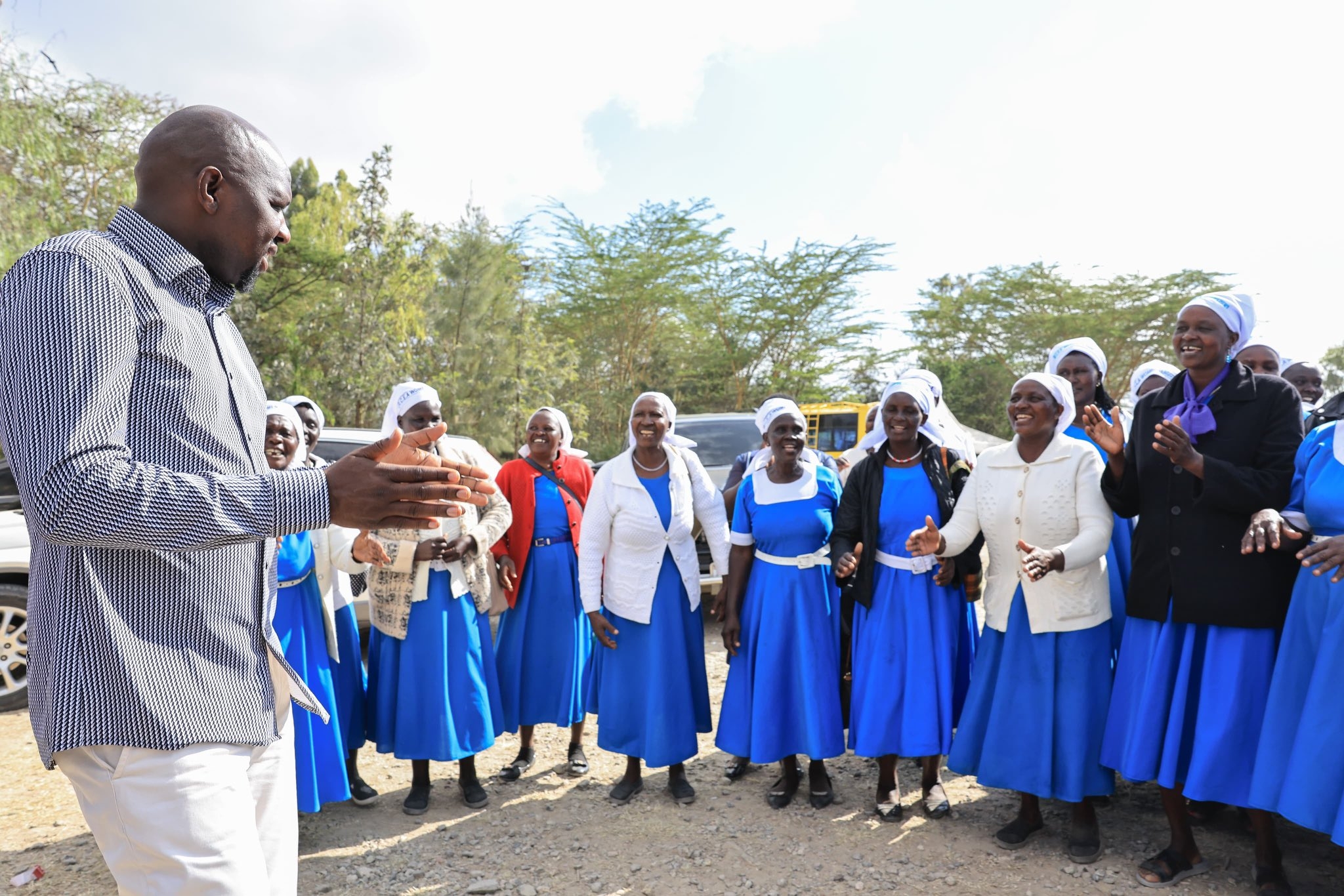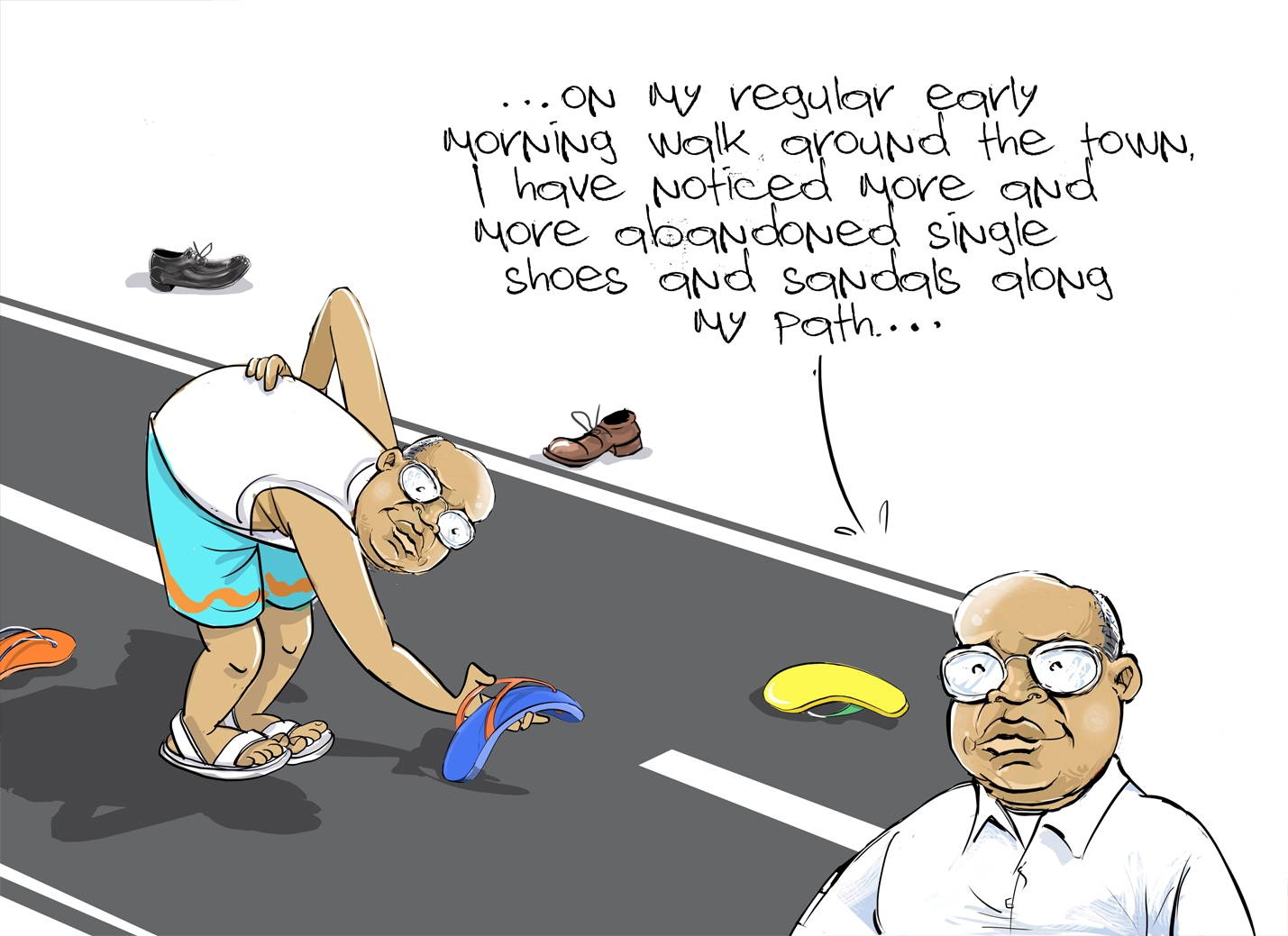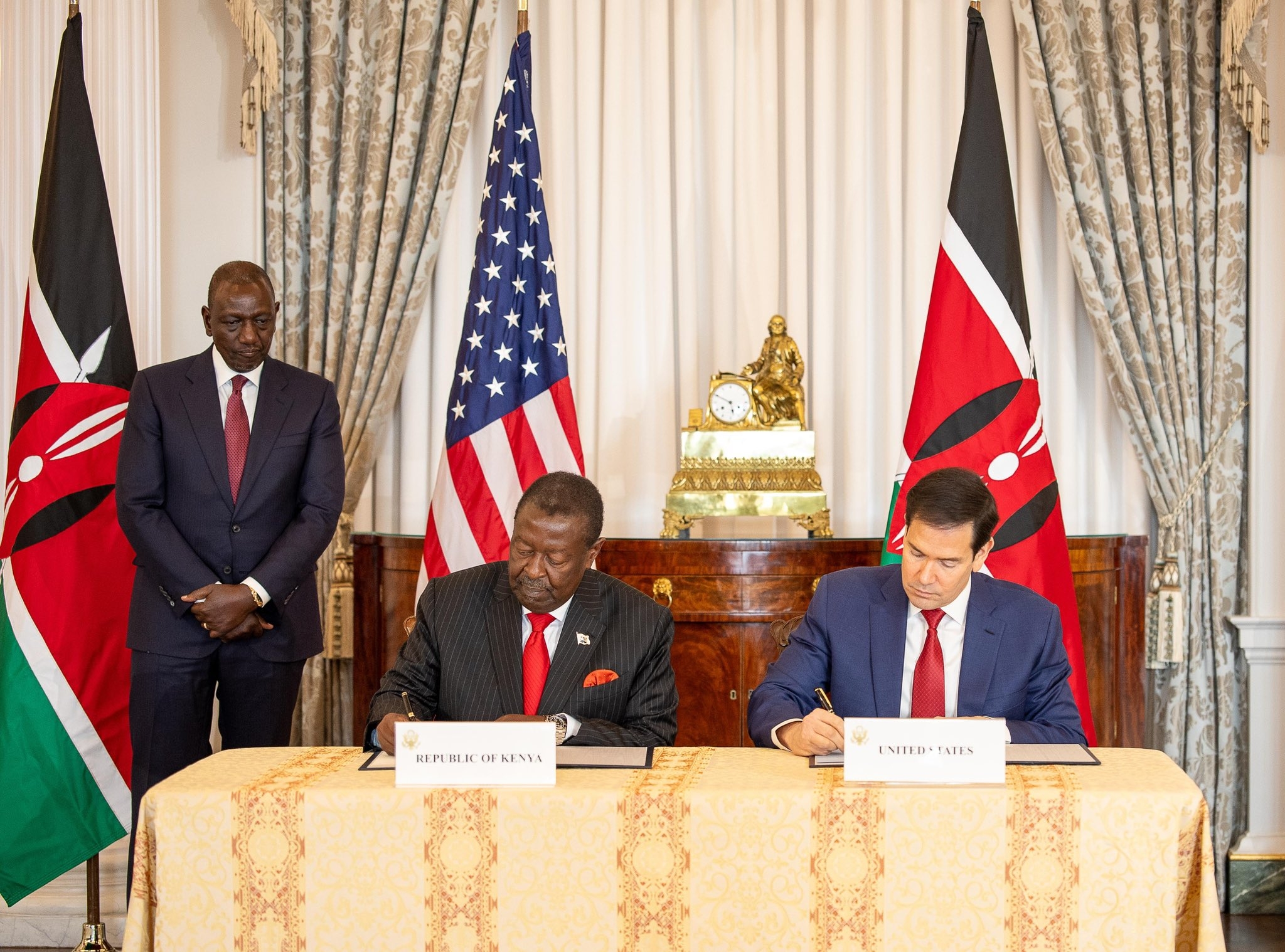
At dawn in rural Kenya, you will often find smallholder farmers bent over their fields, coaxing life out of the soil with little more than a hoe, a handful of seeds, and sheer determination. These farmers feed millions, yet many of them live one failed season away from ruin. Rising food prices, unpredictable rainfall, and climate shocks have made their work even more precarious.
And yet, small-scale farmers remain the backbone of our food system. They account for nearly 78 pe rcent of Kenya’s total agricultural production and contribute 23.5 percent of the national GDP. Without them, our rural livelihoods and national food security would collapse.
Beyond feeding the nation, these farmers ease government
burdens by boosting productivity, adopting sustainable practices such as
agroecology and crop diversification, and circulating income within rural
economies. Their work strengthens community resilience, slows rural-to-urban
migration, and stabilizes food systems during crises.
But despite their central role, small-scale farmers are among the most vulnerable. Competing with large, well-resourced producers is a constant uphill battle. And perhaps their greatest hidden obstacle is the lack of honest, accurate information about the realities they face.
Too often, challenges are underreported, successes overstated, or unsustainable practices quietly ignored. Many farmers rely on off-farm incomes - whether their own or those of family members - to keep farming viable. In some cases, earnings are mismanaged, wasted, or lost to exploitative middlemen. Families remain trapped in cycles of hardship, with little to show for years of toil.
This culture of pretense and underreporting has serious consequences. Without reliable data, government and development partners cannot design effective policies. It is like prescribing medicine without ever diagnosing the disease.
For Kenya to achieve an inclusive and sustainable agricultural transformation, honesty must become part of our farming culture. When farmers openly share their challenges; whether low profitability, post-harvest losses, or unsustainable practices, policymakers can respond with solutions that truly matter. Accurate reporting would allow the government to direct subsidies to those who need them most, expand access to credit and insurance schemes that cushion farmers against risks, and strengthen training and extension services that encourage modern, cost-effective practices. It would also make it possible to build the kind of infrastructure and market linkages that connect smallholders to fairer trade opportunities. At the same time, capacity building in financial literacy and farm management would empower farmers to make wiser use of their profits.
Of course, the burden of change cannot rest on farmers alone. The government must also create an enabling environment. That means investing in agricultural research to promote sustainable, low-cost techniques, providing affordable inputs and financing options to reduce dependence on costly informal lending, and supporting cooperatives that help farmers gain bargaining power in markets.
With the right support, smallholders can shift from survival mode to thriving enterprises that power national development. Transparency in farming is not about exposing weaknesses, it is about unlocking potential. When farmers, government, and development partners work together in openness and accountability, Kenya can build resilient food systems, uplift rural communities, and safeguard its development goals.
The backbone of our agriculture deserves nothing less.
Dr. Syeda Tullu, PhD is a Research Scientist at ICIPE.
















